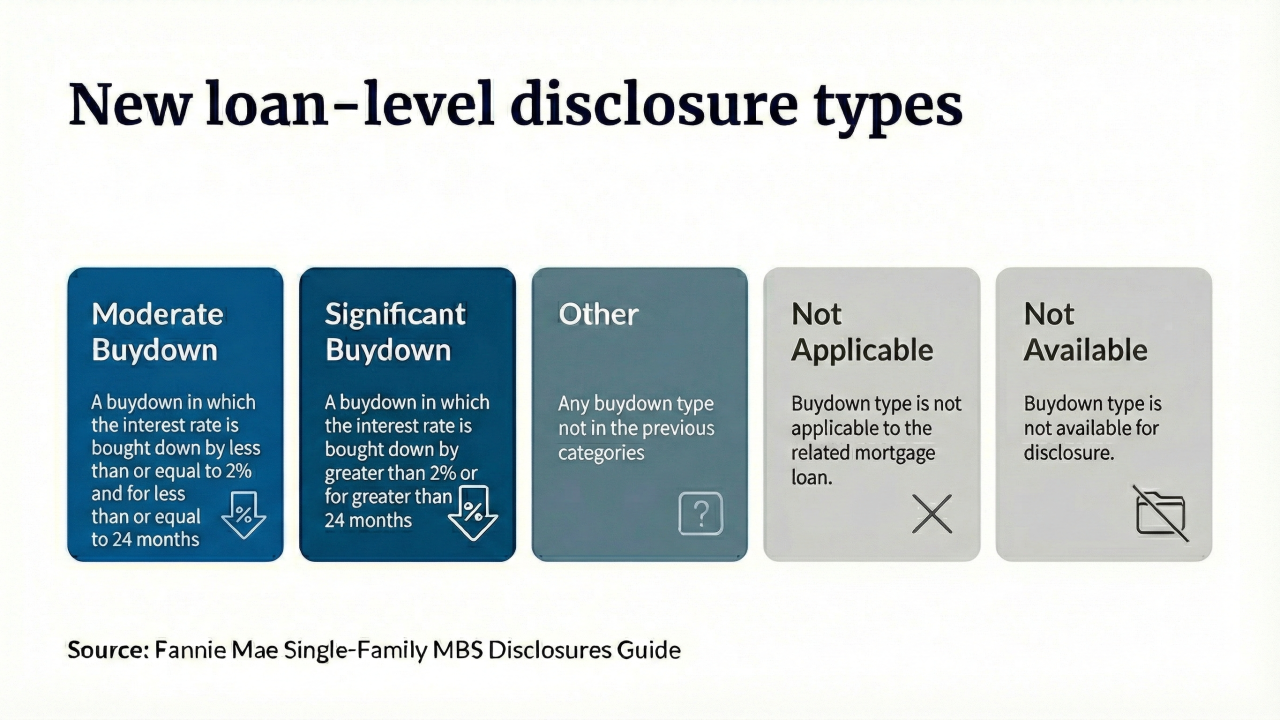While there may not be a common thread in the recent string of downgrades suffered by a number of whole business securitizations earlier this year, one market analyst says that they do shed some light on the evolution of the asset class - illuminating the fact that, despite growing interest in the structure, it isn't a perfect fit for most companies.
"It's a give-and-take business," said Blaise Ganguin, director of corporate ratings at Standard & Poor's. "When a banker is pitching for a financing, he has to gauge whether the company is prepared to take serious restrictions in order to maximize leverage." At the same time, the company must understand that the way they run their business is up for questioning.
There has been significant interest in whole business securitizations, according to S&P - signaling that, in times of economic difficulties, finding an alternative method to access the capital markets has made hybrids popular. Of the inquiries that are made, however, only a few might find this tool viable. One source notes that requests were many last year, but most never actually made it to market.
Moreover, the sector has suffered a spate of downgrades. Among the recent migrations are Welcome Break and Road Chef - two blows to the ratings of motor service area sector companies. In February, Fitch Ratings downgraded all of Road Chef's A-level debt to BBB+', and lowered the company's BBB' paper to BB'. The BB' bonds were consequently lowered to BB-'. S&P followed suit later in May, taking similar action on these tranches.
Welcome Break met a similar fate when Fitch lowered its debt in February and May. The BBB+' bonds were lowered to BBB', and the BB' bonds went down to BB-'. Again, S&P responded likewise in May, lowering the A tranche to BB', as well as the BBB' to BB'.
The latest whole business transaction downgrade involves ExCel's Class A and B ratings to CC' and D', respectively, following the company's announcement on May 13 that it was in discussions with bondholders regarding the financial position and possible recapitalization of the company.
However, said S&P, it's important to remember that a downgrade in these cases does not necessarily connote default. The downgrade is not terminal if the company shows that whatever investments they are putting in at the moment will allow them to grow their operating cash flow base in order to recover to their original growth scenario.
Evolution
"The important thing to keep in mind is that whole business securitizations are somewhere between full securitizations and conventional corporate financings," said Ganguin. "Ratings on whole business securitizations are expected to be more volatile than ratings on securitizations, but less volatile than corporates. For corporate ratings, the rating has a horizon of two to three years, as firms are looked at as going concerns. In securitizations, Standard & Poor's typically rates to the term of the transaction."
In a whole business securitization, some limits are placed on what the business can do in order to mitigate the going concern risk, although the business risk still exists. However, there is a double benefit to be gained if the firm is prepared to take these concessions - lower cost of funding with higher rated debt, and higher debt leverage relative to other financing structures - that makes the whole business securitization an attractive asset structure in the market today, Ganguin added.
Bankers must weigh the options between a leveraged buyout structure versus a whole business securitizion, Ganguin noted, and determine which would work best in terms of maximizing leverage. For example, while a whole business deal may effectively tie the hands of a fast-growing company, it offers a more secure business a good alternative to the traditional methods of accessing the capital markets. He added that pubs in particular have been good candidates, despite reports of a decline in liquor sales - a secular trend the affects of which won't be felt in the short term.
"Financing options can be seen as a continuum between whole business securitization, project finance, and LBOs," said Ganguin. "The Welsh Water deal [completed in 2001] further blurs the limits, with no true shareholder equity and a tranching without true bankruptcy remoteness."
Tranching takes a different form in the LBO world, Ganguin explained, with secured debt ranking ahead of mezzanine, which in turn ranks ahead of subordinated debt. While they do exist, business restrictions in LBOs are less than what would be the case in whole business securitizations. In project finance, the structure relies on one asset with a generally very restricted business.
"In the future, expect to see further attempts on behalf of bankers to try and mix these structures," Ganguin said. "They are always trying to see how far they can go with new ones."
In a typical securitization, S&P assumes that bondholders will always keep control over the collateral, even after the operator/sponsor becomes insolvent, explained Ganguin. In jurisdictions where the insolvency regimen is not as favorable to bondholders as it is in the U.K., bankers are looking at developing structures that, short of granting full bankruptcy remoteness to the bondholders, attempt to postpone the potential point of default.
"S&P expects further transactions that mix a predictable cash flow stream with a real estate component, such as pubs, private hospitals, and telephone fixed lines," he continued. "Businesses that rely on long-term contracts, rights, or royalties could become interesting candidates for whole business securitization as well, if the contracts are transferable and enforceable."
Who's up next?
It's clear that the more successful candidates for whole business securitization involve financing utility-type cash flows, said one source. Up next in the market expect to see Eurotunnel's GBP740 million whole business transaction, which is managed by Dresdner Kleinwort Wasserstein and Merrill Lynch. Eurotunnel will use proceeds to pay for certain tranches of debt that it has offered to buy back. The deal was initially postponed due to conflicting interest among the debt holders in an attempt to reach a better settlement price. The transaction should be launched at the end of this month.
Also expected to come to market is British United Provident Association (BUPA), with a whole business transaction that will be backed by its hospitals via HSBC and Royal Bank of Scotland. Sources said it is expected to be approximately GBP500 million.
The planned securitizations of Anglian Water and Wessex have moved ahead. The two companies previously encountered discord among bondholders, but with revised plans have recently received the go ahead for a GBP1.5 billion Anglian deal and a GBP1.2 billion transaction for Wessex.
"At this stage, whole business securitization remains on the margins as an asset class," said Ganguin. "Standard & Poor's believes that the market is asking for more education on the subject, which should lead to improved clarity in rating criteria."




